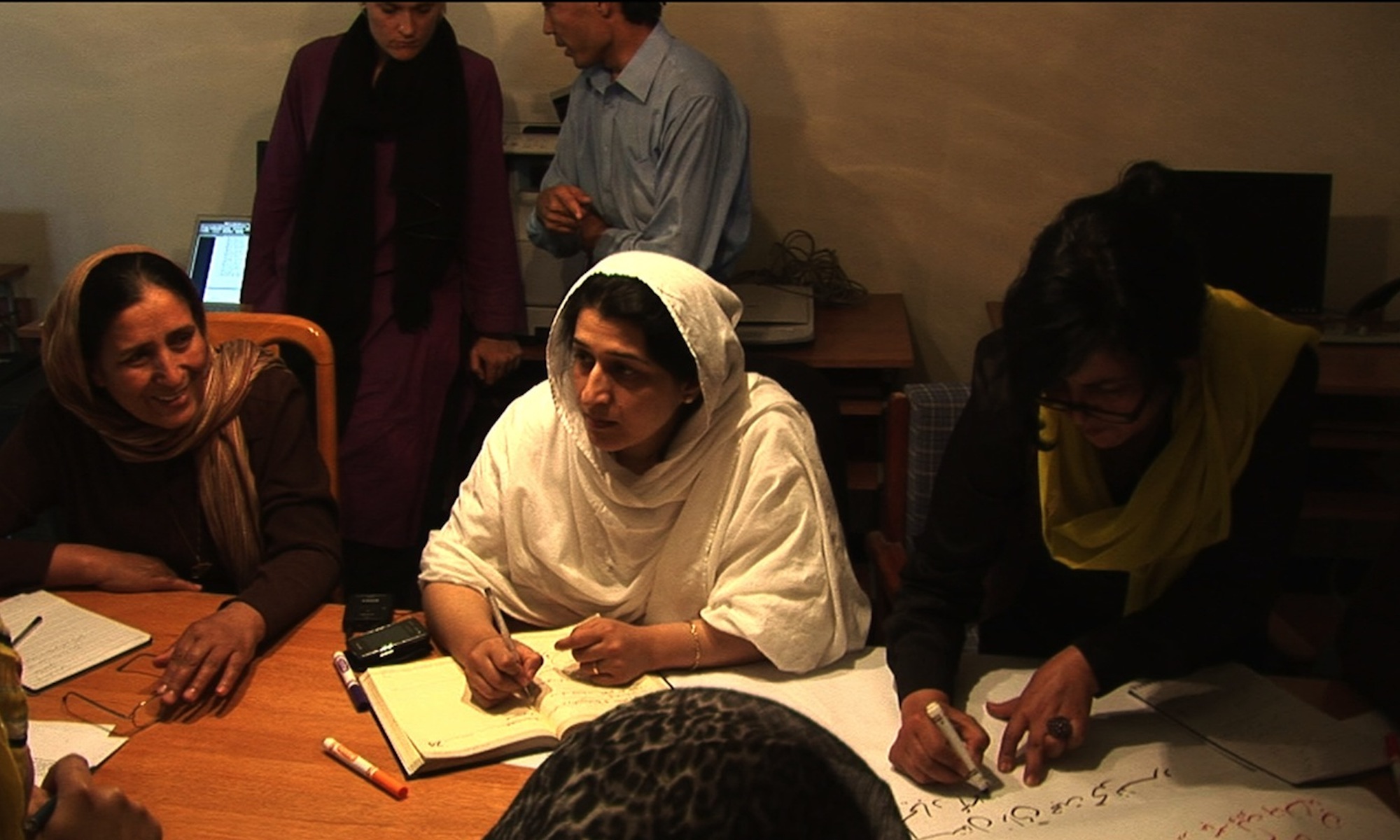After more than a decade of experience and research on financing arrangements in post conflict countries and fragile states, a consensus has emerged on at least one matter. The core objective is to build effective and legitimate governance structures that secure public confidence through provision of personal security, equal justice and the rule of law, economic well-being, and essential social services including education and health. These governance structures are necessary to ensure that countries do not turn, or turn back, to violence as a means of negotiating state-societal relations. This paper discusses a number of the weaknesses in current financing arrangements for post conflict countries and fragile states, with a focus on Official Development Assistance (ODA). We argue that tensions persist between business-as-usual development policies on the one hand and policies responsive to the demands of peace building on the other. The preferential allocation of aid to ‘good performers,’ in the name of maximizing its payoff in terms of economic growth, militates against aid to fragile and conflict-affected states. If the aim of aid is redefined to include durable peace, the conventional performance criteria for aid allocation lose much of their force. Compelling arguments can be made for assistance to ‘poor performers’ if this can help to prevent conflict. Yet the difficulties that initially prompted donors to become more selective in aid allocation remain all too real. Experience has shown that aid can exacerbate problems rather than solving them.

INSCT Postconflict Research Database
The Institute for National Security and Counterterrorism's Postconflict Research Database & Analysis Project stores cross-indexed bibliographic information on hundreds of journal articles, books, book chapters, and case reports that address the broad, interdisciplinary fields of postconflict reconstruction, stabilization, and peacebuilding.